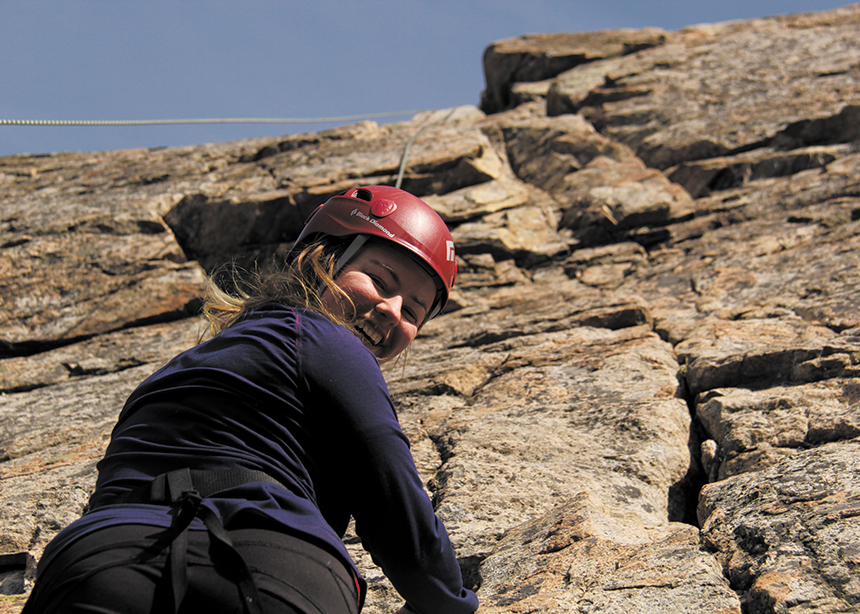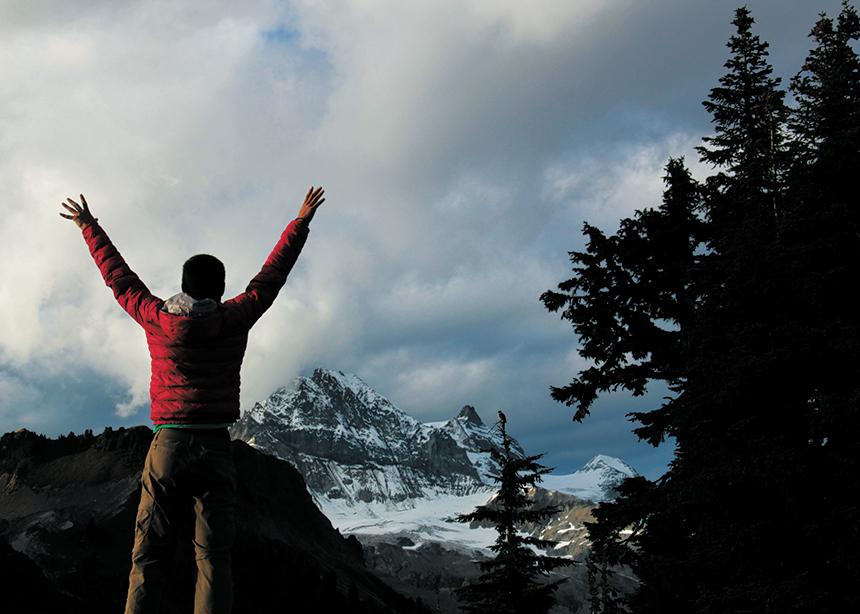Starting this fall, Quest, Columbia Bible College’s longstanding one-year discipleship program, is adopting a more flexible approach to its academic requirements in order to provide a richer experience for incoming students.
Under the current model, Quest students complete a high academic load while also spending 40 days on off-campus excursions that include alpine backpacking, tall-ship sailing, rock-climbing, spelunking, skiing or snowboarding, and canoeing.
Under the new system, rather than complete 31 credit hours over two semesters, the typical Quest student will now only need to complete 25 credit hours, with a course load that includes eight classes rather than 10. Quest participants will gain up to 120 hours each semester, allowing them to engage more fully in the relational aspects of Quest: being mentored, participating in intentional friendships and pursuing spiritual formation.

Quest students will also now enjoy the freedom to add one or two additional classes to their program. Those who wish to move into one of Columbia’s diploma or degree programs will be able to take the courses they need to stay on track for graduation within two or four years. Others may want to take an elective that allows them to explore an area of interest, learn a ministry skill or gain college transfer credits for their future academic pursuits.
“The reality is that not all students have the same needs,” explains Quest program director Jeremy Walker. “I am excited for the 2019 program changes. While the Quest DNA is staying the same, these changes reflect a more flexible model that gives students more choices.”
For Quest students, the change is welcome.
Naomi Lindenbach, a Class of 2018 graduate, says, “Some people are more drawn to the academic challenges and others [are] more focused on relationships. The program changes help to facilitate both. I think these changes free time up to build into each other’s lives and will bring people closer together.”
Another recent change to the Quest program is a new emphasis on developing the practical skills that are essential during the transition to adulthood. Quest students now take a semester-long class in both self-management and Christian decision-making, learning what it means for a Christian to live as a capable and healthy human being. Instructors provide coaching in areas such as identifying strengths, habit formation, personal finance, relational boundaries, practising intentional decision-making, and wrestling with questions of calling and vocation.
“We want each Quest student to leave the program with a better understanding of who they are as a child of God, and with the foundational skills to move forward into their adult years grounded and ready for a life a discipleship,” Walker says.
To learn more, visit bit.ly/cbc-quest.



Add new comment
Canadian Mennonite invites comments and encourages constructive discussion about our content. Actual full names (first and last) are required. Comments are moderated and may be edited. They will not appear online until approved and will be posted during business hours. Some comments may be reproduced in print.